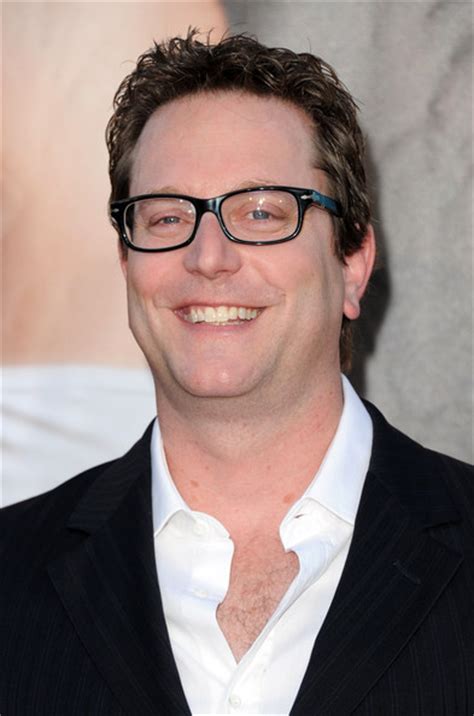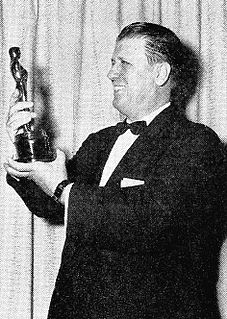A Quote by Raymond Chandler
The modern film tries too hard to be real. Its techniques of illusion are so perfect that it requires no contribution from the audience but a mouthful of popcorn.
Related Quotes
The motion picture is like a picture of a lady in a half-piece bathing suit. If she wore a few more clothes, you might be intrigued. If she wore no clothes at all, you might be shocked. But the way it is, you are occupied with noticing that her knees are too bony and that her toenails are too large. The modern film tries too hard to be real. Its techniques of illusion are so perfect that it requires no contribution from the audience but a mouthful of popcorn.
People who spend a great deal of time in their gardens attest to the natural mindfulness that gardening requires. What could be more naturally mindful than weeding? It requires a great deal of sustained attention. Weeds need to be taken up with care: Pull too hard, and the weed breaks in your fingers, leaving the root to grow and spread. Different weeds need different techniques and, sometimes, tools. When we weed our gardens, we have to pay attention to where and how we walk and bend. Move too far in one direction or another, and we'll squash growing things.
When we make films - even 2D films - you're always trying to create this illusion of 3D, anyway. You're trying to create a believable world with characters walking, in and out of the perspective, to create the illusion that there's a world. The desire and drive to create this illusion of three-dimensional space is something that is true about every kind of film because you want the audience to really be experiencing it, first hand. It's a natural extension of the storytelling and the process of filmmaking.
The structure and formula are now so well-known that it's become very hard for the film-maker not to commit the cardinal sin: letting the audience get ahead of the film. So it takes some real sparkle - of which I thought 'Man Up' had plenty, especially in the writing - to keep the viewer enjoying a by-now predictable journey.






































